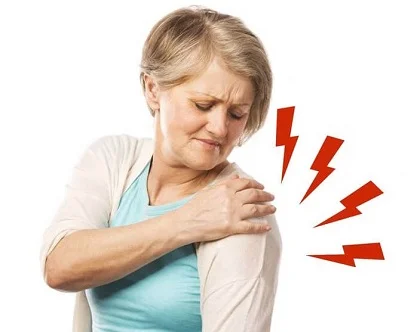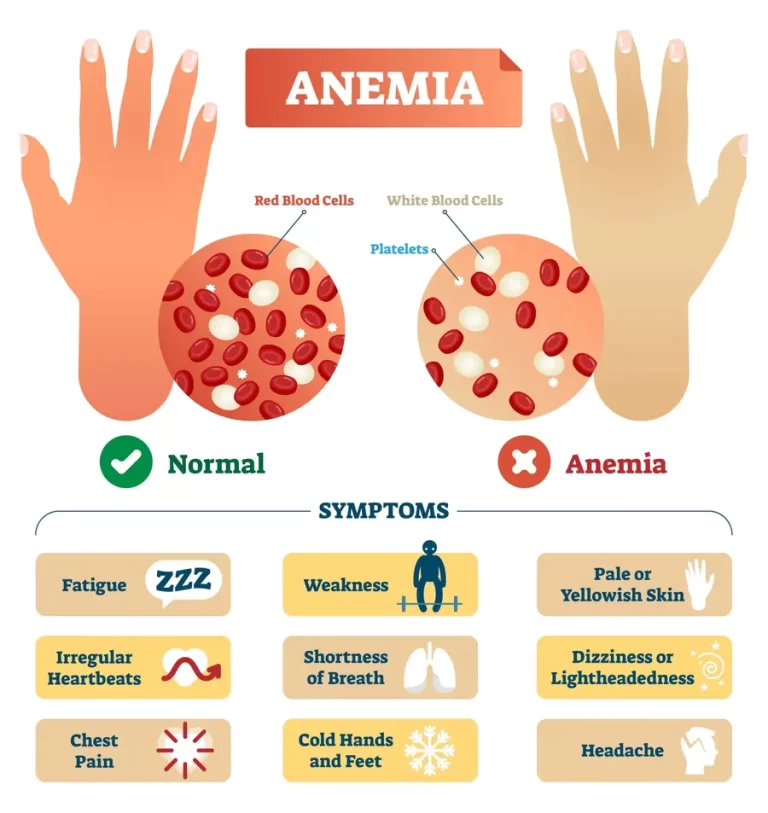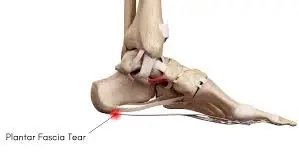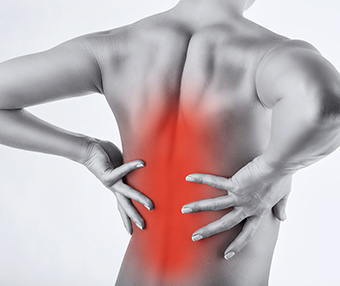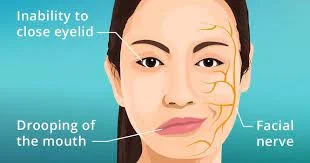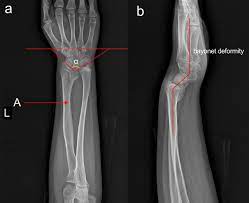Shoulder Popping (clicking)
Table of Contents
What is a Shoulder Popping?
Shoulder popping refers to a condition where the shoulder joint makes a popping or cracking sound when it is moved. The popping sound is caused by the movement of the bones and soft tissues in the joint. While it is a common condition, it can be accompanied by discomfort or pain in some cases. Shoulder popping can be caused by a variety of factors, including injury, overuse, or degenerative changes in the joint. Treatment for shoulder popping depends on the underlying cause and may include rest, physical therapy, or surgery in severe cases. It is important to consult a healthcare professional if you experience any pain or discomfort in your shoulder joint.
Cracking, clicking, and popping sounds are fairly familiar in the joints. Medics refer to this as a crepitus. Though crepitus occurs frequently, the reason that joints pop is not still clear.
Scientists have assumed that the noise may have something to do with the release of gas from the fluid or the spaces within the joints.
The shoulder is a complex role of the skeleton. Two joints deliver movement, including the glenohumeral joint, in which the head of the long bone in the upper arm serves as a shallow socket. Some understand this as a ball-and-socket joint.\
Anatomy of the shoulder joint
Our shoulder (in anatomical terminology known as the glenohumeral joint) is a ball and socket joint. A ball and socket mechanism provides the joint with a high degree of mobility and a wide range of motion.
The upper arm bone, understood as the humerus joins into the socket of your shoulder blade (the scapula), which runs from your back to just below the clavicle (your collarbone) The arm is also kept in position by the ligaments, of the tough, fibrous connective tissue that connects bones concurrently. A soft cartilage cup-shaped called the labrum lines the socket and assists to hold your arm in position.
Shoulder ligaments are fairly weak and flexible. This laxity (looseness) permits maximum mobility in the joint, which may impact in multiple directions. Yet, it comes at the price of stability. The joint depends on the muscles of the rotator cuff for stability.
These are the 4 muscles altogether called rotator cuff:
- Supraspinatus – which present above the top rim of our shoulder blade
- Infraspinatus – placed below the top edge of our shoulder blade
- Subscapularis – surrounds the underpart of your shoulder blade
- Teres minor – a narrow muscle that runs from the outside edge of the shoulder blade up to the back of the upper arm bones
These muscles usually function in simultaneousness with each other. Because they give your premium shoulder movers, they’re inclined to overuse and damage.
Muscle tendons may flick as they move over the bone, resulting in a popping noise. Tendons are string-like structures that join muscles to their supporting bone. When the tendons move over bone, they may click similarly to guitar strings. If you have suddenly started one of these audible signs, then it can be important having your shoulder examined. Changes like this may be a signal that you have injured one of the muscles or its tendons, so it can be worth having it examined.
Popping, clicking, and cracking can be a problem. It can also be barely disturbing if you do not know what the reason is. The good news is that it’s typically pain-free and innocuous. But you must be conscious that even though it might be painless originally, the sound can be telling of more serious shoulder pathology. If you do start to participate in pain along with crepitus, then be extra conscious, as it can be a sign of more serious damage or pathology.
If our shoulder dysfunction is left untreated, it can shift into the chronic pathology called a “frozen shoulder”. In the medical field, this is familiar as adhesive capsulitis, the shoulder capsule, and joint become stuck with a glue-like inflammatory process. It can be particularly painful and take a long time to heal.
Other symptoms that you must be looking out for are swelling, redness, or heat radiating from the shoulder. These indications can be a sign of something more severe occurring, for example, an infection. If this is the circumstance, you might want to confer with a physician.
Causes of Shoulder Popping
The pathology that can result in crepitus in the shoulder:
Osteoarthritis
As we get more aged, the shock-absorbing capacity of the cartilage in your joints wears declined in a pathology called osteoarthritis. The joint loses the quantity of cushioning in between the bones. Osteoarthritis may result in audible grinding noises – the sound of the bones rubbing against each other. The enhancement in friction can result in ache-like pain and stiffness. An added difficulty can be that nerves can become pinched in the reduced joint space.
Osteoarthritis is an across-the-board complaint that comes with age and overuse of a joint. It’s more dominant if you work in work affecting repetitious stress to the shoulder and arms, for example, painting, hairdressing, and farming. Ways to combat arthritis contain keeping a healthy weight, preventing high-impact activities, and strengthening the nearby muscles.
Rotator cuff tears
The muscles of the rotator cuff are put under enormous quantities of stress and are particularly prone to tearing. They can tear partly or completely as a leading of age or general wear and tear. Once torn, the irregular surfaces can rub concurrently, generating cracking noises. Pain can be particularly sharp on the action.
Bursitis
Within the shoulder complex, there is a little fluid-filled sac, called the bursa, that is present within the joint capsule. The bursa functions as a cushion and a shock absorber, allowing the joint to slide together upon activity. If it becomes inflamed through injury or redundant stress or strain, then it is called bursitis.
With any swelling, there’s smaller space for everything to move, and structures can become compact, resulting in grinding. If you question bursitis, then try and prevent any irritating activities to give it a chance to settle. You must also practice the standard anti-inflammatory protocol (ice and medication if required).
Ununion fracture
If you have an acute history of fracture, such as in your ribs or shoulder blade region, that has not been cured correctly, it can produce clicking symptoms. In this circumstance, the bone pieces pushing against each other are to blame. This condition needs medical examination, as you may need surgical fixation.
Labral tear
A tear to the labrum, which is the cartilage keeping the shoulder concurrently, can also result in crepitus. Age, repeated use, or injury may all result in labrum tearing. Nevertheless, these are usually fairly painful and may require surgical repair if the pain continues. This pain is usually felt in-depth in the joint.
Symptoms of Shoulder Popping
Some of the symptoms that are typically encountered by those with crepitus of the shoulder are:
- Painful clicking on the shoulder
- Swelling and redness of the shoulder
- Stiffness in the shoulder joints
- Paresis in the shoulder
- Inability to lift your arm or have a standard range of motion
- The shoulder senses“loose,” as it could pop out of place
- The shoulder can seem deformed
Crepitus most typically happens when your arms are raised, particularly above the shoulder peak. When you perform pushing activities, particularly at the gym for example push-ups, bench presses, or front and side raises.
Other simple regular ADLs can result in these noises as well, involving tossing a ball or even something as simple activity as putting a handbag over your shoulder. If the frequency of your shoulder crepitus is gradually enhanced or at a time pain occurs, then it’s important for medical consultation.
Diagnosis
Occasionally it can be essential to undergo tests to investigate the reason for the impairment further. Typical investigations we may experience contain:
- Ultrasound
- MRI (Magnetic Resonance Imaging)
- X-rays
- Blood tests to assess for the presence of any infection
- Antibody test to inspect for the existence of any auto-immune disorder.
These will be collected by our GP if deemed required. While unusual, it can be helpful to assist eradicate these as a cause.
Treatment of Shoulder Popping
When you first visit a physiotherapist, they will perform an examination testing your range of motion across the joint as well as muscle strength. During your assessment, you will have different motions tested, helping to determine the accurate kind and site of pain and grade the injury.
If you sustained damage or are encountering pain, you must follow the RICER principle right away – for at least the first 48 hours.
- Rest
- Ice
- Compression
- Elevate
- Referral
The purpose of RICER is to try and reduce any swelling and inflammation. It will also relieve any pain you can be undergoing. As much as swelling is painful and aggravating, it’s your body’s way of immobilizing and defending the damaged joint.
Once the initial acute phase of 48-72 hours has passed, you can move to the recovery and rehabilitation stages of treatment.
Other different treatments you might find useful include:
- Yoga can be beneficial in distinct ways. It’s well-famous for enhancing your flexibility as most yoga lovers are quite pretzel-like. But it can also enhance the power and stability surrounding your joints. Its other applicable usefulness is posture advancement and assistance with breathing and relaxation as well. These are essential for stress-related shoulder and neck pain
- Foam rolling is a technique of releasing tight muscles. Rollers are affordable to purchase and it’s a treatment you can do at the house
- Massage is a very famous treatment to reduce tight muscles. Just be conscious that the muscles will become tight again if the underlying issue isn’t resolved.
- Hot packs or gels can help lessen pain and muscle discomfort.
- Tapping of the shoulders with tape or the help of braces can deliver support for sports and other activities. In the long term, it is more useful to strengthen the muscles themselves instead of depending on tape. You can also utilize tape for postural alerts, the tape is used to hold your shoulder in the desired position, and if you move, e.g., slouch against it, the tape pulls.
FAQ
For many people, painless snapping or clicking of the shoulder is not a concern to worry about. For many of you, the popping or clicking can finally diminish over the period, or you may only get used to it. Painless clicking and popping usually do not need any remedy at all.
Loose ligaments cause the shoulder to lose its particular mobility and can mean it moves too far forward or backward. Termology “instability,” one of its signs is shoulder popping without pain. Damages to the rotator cuff tendons can also induce instability.
This typically happens as a result of sudden damage, for example, a drop or accident. Once a shoulder has dislocated, it is vulnerable to repeat attacks. When the shoulder is unconsolidated and drops out of place often, it is named chronic shoulder instability.
Rotator cuff tears
When the tendons in your shoulder within the rotator cuff muscle tear from overuse or heavy overhead activities, you may undergo pain and discomfort or hear a cracking sound. Dr. Nolan suggests treating the pain with drugs, physical therapy, or an arm sling. If that doesn’t function, he can recommend surgery.
Signs of a rotator cuff tear contain:
Difficulty and pain induced by raising your arm.
Popping or clicking like sounds heard or sensations whenever moving your arm.
Shoulder pain that worsens at sleep or when resting your arm.
Shoulder weakness and bumbling to lift items.

